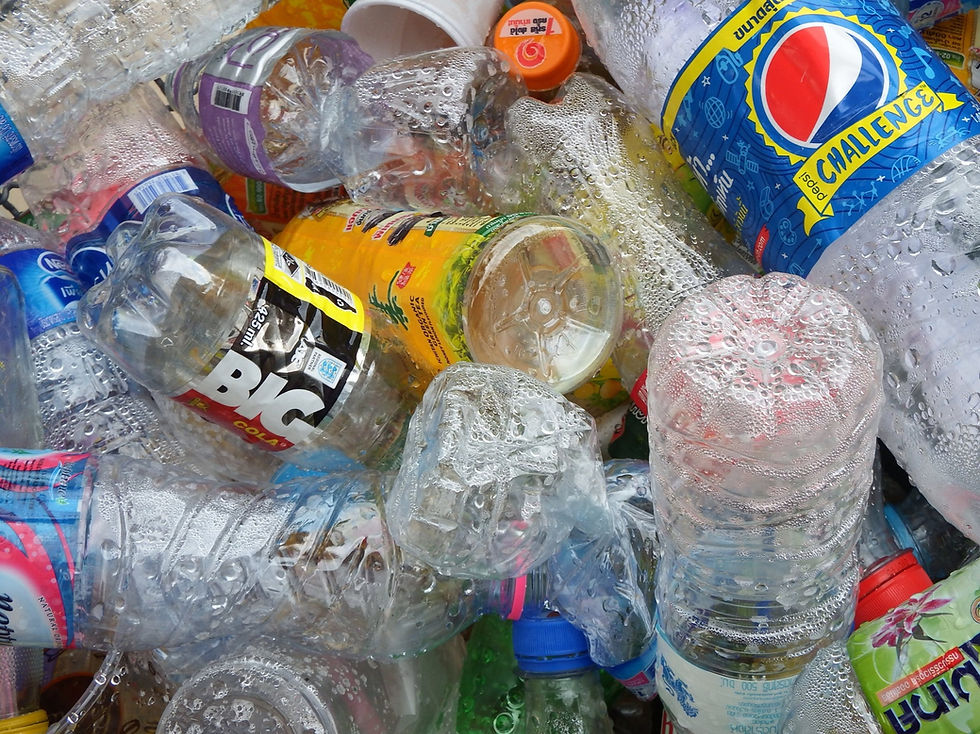The Foodstory Hangout , Ethical Living.
- Just Love

- Nov 11, 2019
- 3 min read
Updated: Nov 12, 2019
Last week Just Love students took the time to meet together at a local coffee shop and discuss the ways in which we can be living more ethically and have a positive impact on the world around us. The idea of ‘ethical living’ can seem hugely daunting: especially in a culture which is so fast-paced and commercially driven; where both time and money are precious commodities. It can seem hard to know where to start, how to start, or to realise the difference that one person’s lifestyle change could make to such a vast problem.

However, with a rising awareness of the effects of climate change and the alarming exploitation of people in all aspects of the production chain, it is clear that a change has to be made. As Christians we are instructed in Genesis to care for God’s creation and in Isaiah we are told to seek justice and defend the oppressed. It therefore follows that as Christians, we should be seeking a lifestyle which honours God’s creation and shows love towards his people. Being confident in why you believe in ethical living is vital, especially when faced with difficult decisions or opposition. Understanding the link between your faith and your decision to live ethically allows every aspect of life to become an act of worship to the Creator.
Starting and sustaining a more ethical way of living can be tricky, especially when it feels like you are the only one who is doing so. One of the most helpful things when starting your ethical living journey is to find a community of like-minded people to support, embolden, and inspire you. Whether it be a society on campus, a group of friends, or simply following ethical living blogs and Instagram accounts; community is invaluable in terms of encouragement, accountability and sharing new ideas of ways to live more ethical and sustainable lives.
The key to ethical living is to start with small changes and work from there. One dramatic gesture is not nearly as sustainable or as effective as stopping to reconsider what decisions you make in everyday life and how they affect your environment. Changes as small as buying clothes at a charity shop rather than buying new; switching to Fairtrade tea and coffee; cutting back on the amount of meat you are eating; researching the companies that you invest your money in and looking for alternatives if their practices do not comply with your beliefs. These things can make a huge impact. Reflecting on where, why, and how you invest money and allegiance is the first step in living more ethically. So, whether it be choosing to get coffee at an independent coffee shop rather than a major chain, or visiting your local zero-waste shop; a little thought can go a long way.
Whilst it would be wonderful if everyone shared a passion for pursuing a more just and sustainable way of living, that is unfortunately not the world we live in. Although attitudes are changing and very few people are actively opposed to trying to live a more ethical life, more often than not I find myself confronted with a disheartening passivity on the part of others when it comes to making changes in their own lives. It is important not to assume that someone will not be interested in ethical living because their views on other topics differ from your own or they ‘just don’t seem like that type of person’; sustainable living is something which we want everyone to be passionate about, not just those who already fit the mould. That being said, the ‘that’s nice for you but it’s just not my thing’ attitude is one which is all too familiar and can be incredibly frustrating. The best advice is to be confident and open in your decision to live ethically. Our words and actions have the power to help other people reflect on the impact which their decisions have on the world we live in.
Lot's of Love,
Helen





Comments